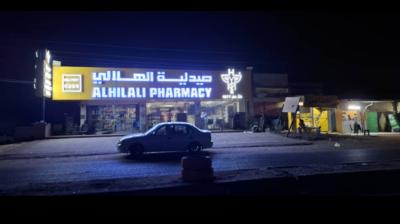Political determinants of sexual and reproductive health: Criminalisation, health impacts and game changers
Lise Rakner
Liv Tønnessen
Development actors have increasingly recognised the importance of the political determinants of health. One way in which politics and power dynamics impact health is through the use of criminal law. The project provides insights into the causes and effects of criminalisation of abortion and same sex relations, which is widespread in low and middle income countries, and has significant detrimental effects on mental health, maternal mortality; the health of women and LGBTs, and HIV transmission.
The project investigates health effects of criminalizing sexual and reproductive behaviour and health services, and analyses the political dynamics that drive, hamper and shape the uses of such criminal law in nine African countries, including both predominantly Christian Sub Saharan countries (Uganda, Malawi, Ethiopia, Kenya, Mozambique, Zambia, South Africa) and North African Muslim countries (Sudan and Tunisia). Within each group there are countries with a long tradition of abortion on demand as well as countries where it is strictly criminalized - and on homosexuality the cases range from Mozambique, where same-sex relations were legalized in 2007 to legal provisions for the death penalty in Sudan.
The project aims to develop insights into political game changers that can improve conditions for sexual and reproductive health. Global health actors have sought to push for de-criminalisation of abortion and same sex relations but external pressure seems to trigger local resistance and backlash, and once abortion and homosexuality become politicized, public health evidence seems to have little traction among legislators and policy makers. And even when laws change, health policies, services and outcomes often do not. An effective de-criminalisation agenda requires better insights into the political and social dynamics - inside the health system as well as outside - and the proposed project aims to contribute to filling this gap.
The project forms part of the Centre on Law & Social Transformation.
For more information see the project concept note: Globvac Concept Note March 2016










